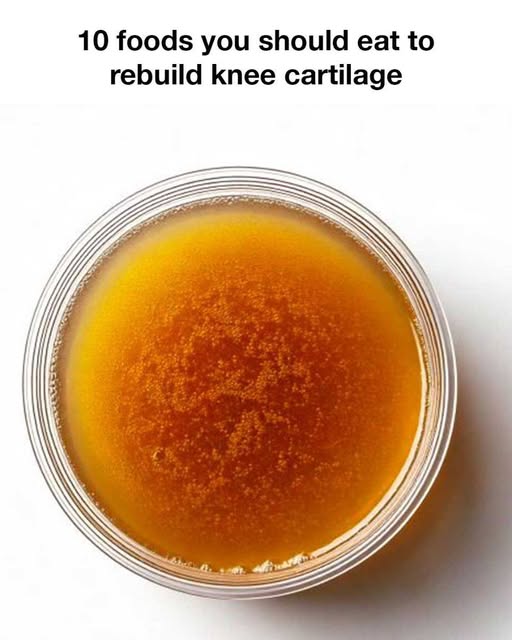Fatty fish such as salmon, mackerel, and sardines are high in omega-3 fatty acids, which have anti-inflammatory properties. These fatty acids can help reduce joint pain and stiffness, making them beneficial for those with cartilage damage. Omega-3s also support the production of cartilage components, aiding in repair.
3. The Role of Leafy Greens in Cartilage Maintenance
Leafy greens like spinach, kale, and Swiss chard are packed with vitamins and minerals, including vitamin C, which is crucial for collagen synthesis. These vegetables also contain antioxidants that protect cartilage from oxidative stress and inflammation.
4. The Impact of Berries on Inflammation and Cartilage
Berries such as blueberries, strawberries, and raspberries are rich in antioxidants and vitamin C. These nutrients help combat inflammation and oxidative damage, which can contribute to cartilage degradation. Regular consumption of berries can support overall joint health.
5. Nuts and Seeds: A Source of Essential Fatty Acids
Nuts and seeds, including almonds, walnuts, and flaxseeds, are excellent sources of omega-3 fatty acids and vitamin E. These nutrients help reduce inflammation and protect cartilage from damage. They also provide magnesium, which is important for bone and joint health.
6. The Importance of Avocados for Joint Lubrication
Avocados are rich in healthy fats and vitamin E, both of which are beneficial for joint health. The monounsaturated fats in avocados help lubricate joints, while vitamin E acts as an antioxidant to protect cartilage from oxidative damage.
7. Citrus Fruits and Their Role in Collagen Production
continued on next page
zobacz więcej na następnej stronie
Reklama



Yo Make również polubił
Crispy Parmesan and Herb Potato Bites with Italian Herb Bread Snacks
Ciasto z Lepkim Masłem: Pyszna, Maślana Przyjemność, Która Rozpływa Się w Ustach
Lemon Butter Baked Shrimp
Carrot Cake Zucchini Muffins: A Healthy Twist on a Classic Treat!